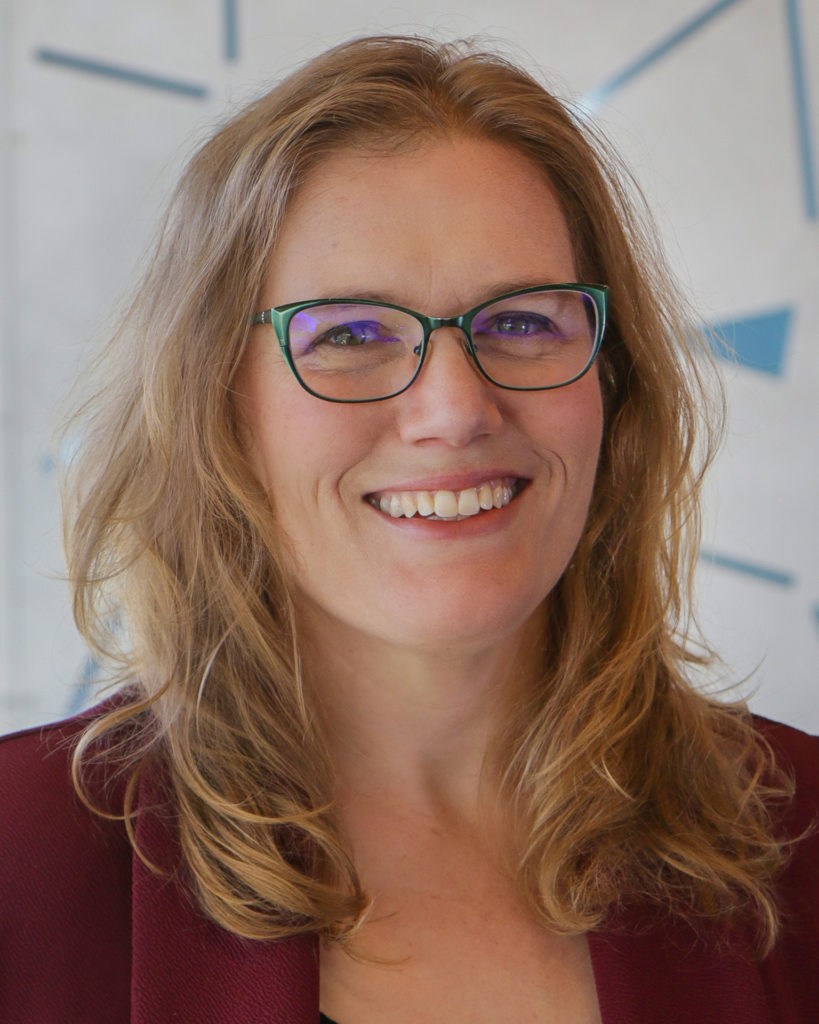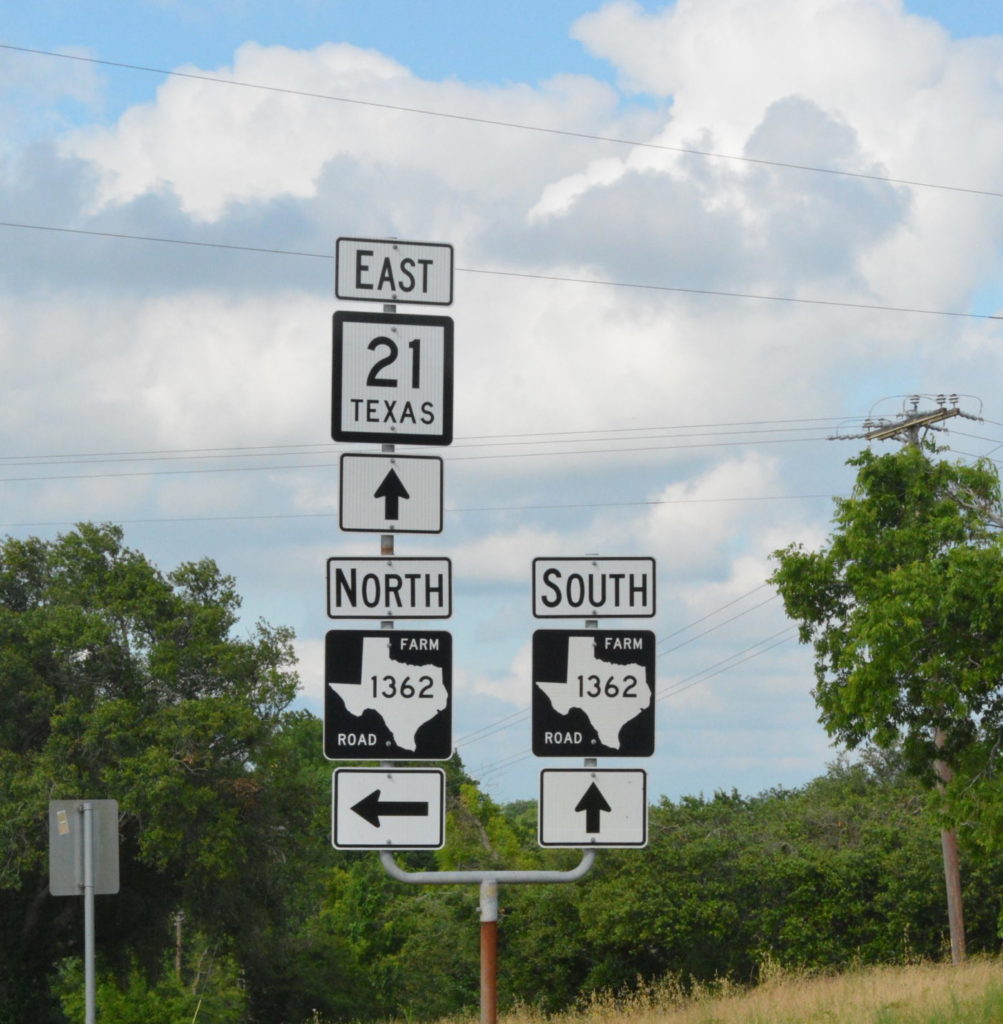Enhancing communications to better support rural communities
Texas A&M professor brings understanding of science policies, conflict communications in agriculture to rural communities
Using effective communications to bridge the gap between conflict and understanding of the policies and issues rural communities face is a research passion for a new associate professor with the Texas A&M University College of Agriculture and Life Sciences faculty.

Dara Wald, Ph.D., is an associate professor in the Department of Agricultural Leadership, Education and Communications. She came to Texas A&M from Iowa State University, bringing her research program that taps into developing a better understanding of communications on pivotal issues affecting rural agricultural communities.
“I am delighted that Dr. Wald has joined our faculty,” said Matt Baker, Ph.D., department head. “Dr. Wald is an outstanding teacher and scholar who examines relationships between individual and group behaviors in highly charged agriculture and natural resource settings. Dr. Wald is widely admired for research that integrates risk perceptions, emotions and communications into community-based decision-making. I welcome Dr. Wald’s scholarly expertise and interdisciplinary leadership.”
Passion for science
Wald said her big passion is making sure that science benefits society.
“Science can help us protect our communities from floods, improve agricultural production and guard us from emerging health issues,” she said. “But if a community is not getting the information, or messages do not reach or appeal to them, that science stays in an ivory tower. I want to help bridge that divide.”
Wald highlighted critical areas such as trust, credibility and relationships.

“The important thing today is to build relationships and credibility,” she said. “There’s a need to understand ways to find common ground and move together as a force.”
Wald will spend half of her time devoted to research. The other half will be split three-fourths devoted to teaching and the remaining time to service.
Researching policies
“My research program focuses on two big ideas: first, identifying the causes and consequences of conflict and collaboration in agriculture and environments and, second, understanding how to design effective communication about these areas.”
Her research also examines how policies and programs can promote agriculture and, at the same time, benefit communities and the environment.
“My research focuses on water, wildlife, land and energy. These are all the fundamental things we need for life.”
This semester, Wald is teaching AGCJ 105 Introduction to Agricultural Communications. She will also teach an upper-level public relations course in the spring. She is enthusiastic about working with graduate students.
“I’m just excited to be part of this great faculty, work with these impressive graduate students and be part of a great College. There’s a lot of opportunity ahead, and I’m grateful to be here working with a good team,” she said.


